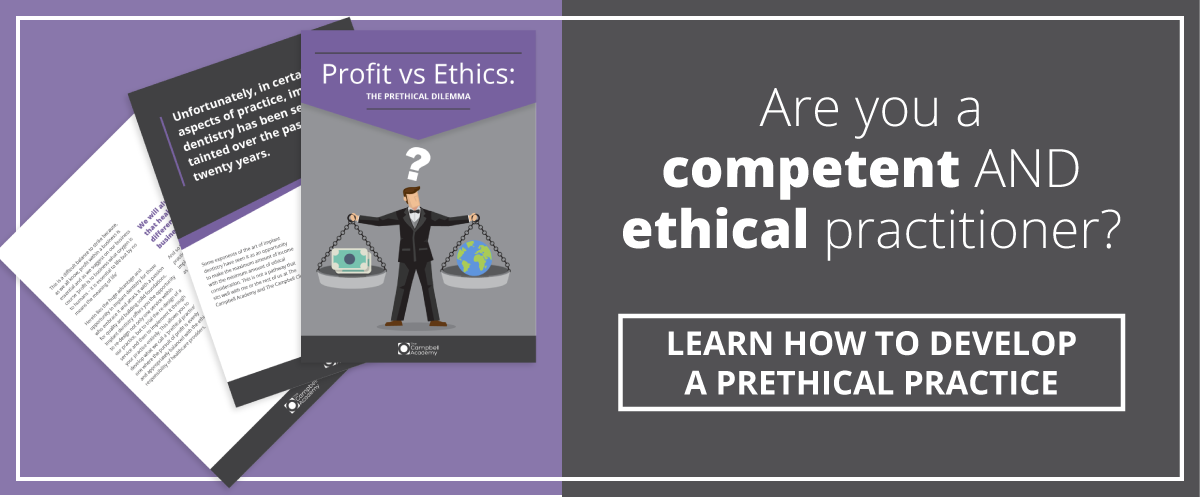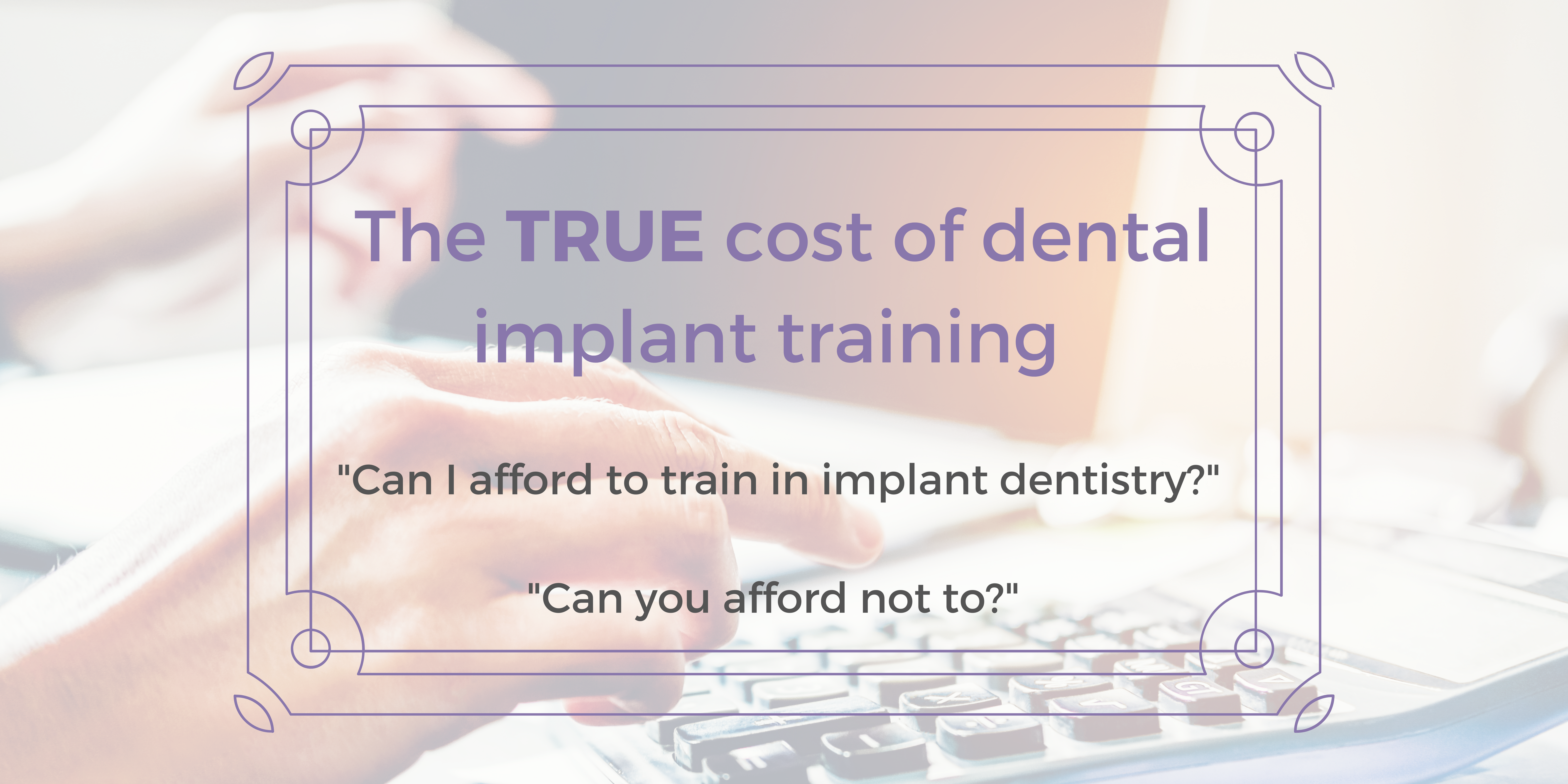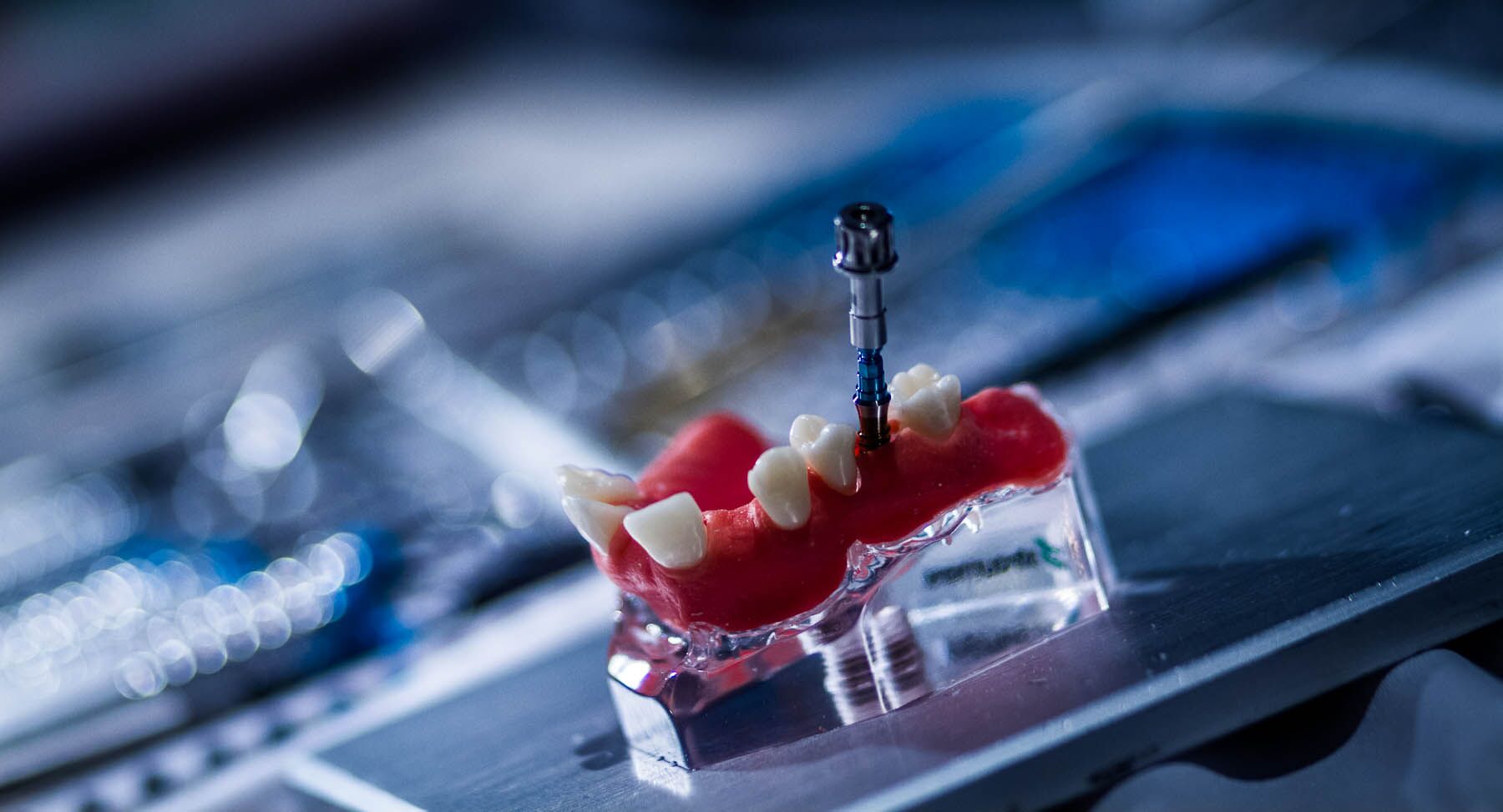.png?width=910&height=476&name=%20It%E2%80%99s%20not%20enough%20to%20attend%20a%20structured%20educational%20course%20and%20to%20be%20given%20a%20%E2%80%98badge%E2%80%99_a).png)
It’s a staggering statistic from the implant companies that less than 10% of people who do a structured surgical implant course are actively placing implants in their own practice two years later.
This is a statistic which is reflected throughout implant dentistry and has been discussed for some years now as the implant companies, the providers and the delegates reflect on the situation where the vast majority of people who attend courses do not achieve the confidence to move forwards and place implants in their own environment. For some this is a lack of surgical experience and confidence in surgery and for others it is a lack of a guiding hand or mentor as they move from the education phase of teaching into the practical aspect of learning and reflection on procedures carried out. It’s not enough to attend a structured educational course and to be given a ‘badge’. You’re not released to the wild, able to do whatever you want, assess whatever you like and act unaided in a discipline where you were previously untrained.
Succeeding in implant dentistry requires structured educational courses but also in depth, detailed clinical mentoring together with practical application of skills and reflection on results. Following on from the educational courses, access to a mentor in all it’s forms is essential in the first five years of training to gain a good grounding and insight into your skills in implant dentistry. Mentoring can mean electronic discussion over email and shared folders with photographs and x-rays or actual hands on assistance in surgery as implants are placed. It can also mean visiting someone else’s practice to see how they’re set up and how things work. It also involves training of staff.
Mentors will be able to explain to delegates how to reflect on their results and improve moving forwards and that is the essence of purposeful practice.
If you’ve already done a course in implant dentistry and found yourself in the 80 – 90% of people who are not placing at two years it might not have been quite the right course for you. When you do the next one, if you decide to carry forwards, make sure there is mentoring assistance and support following the course to catapult you forwards in your implant surgical career.








.jpeg)
Leave a comment